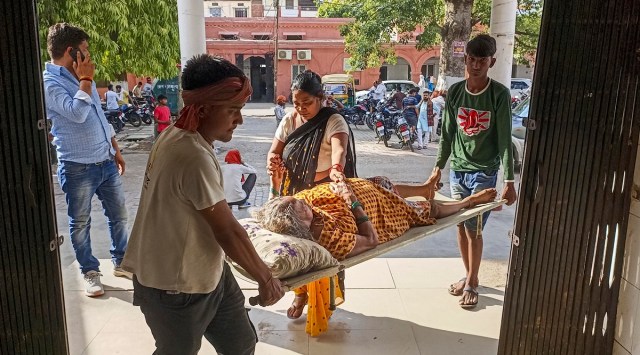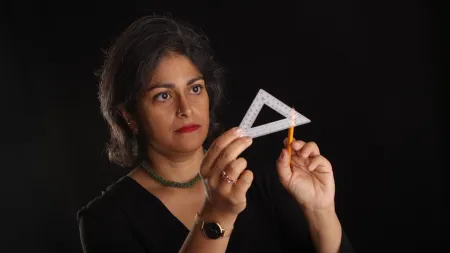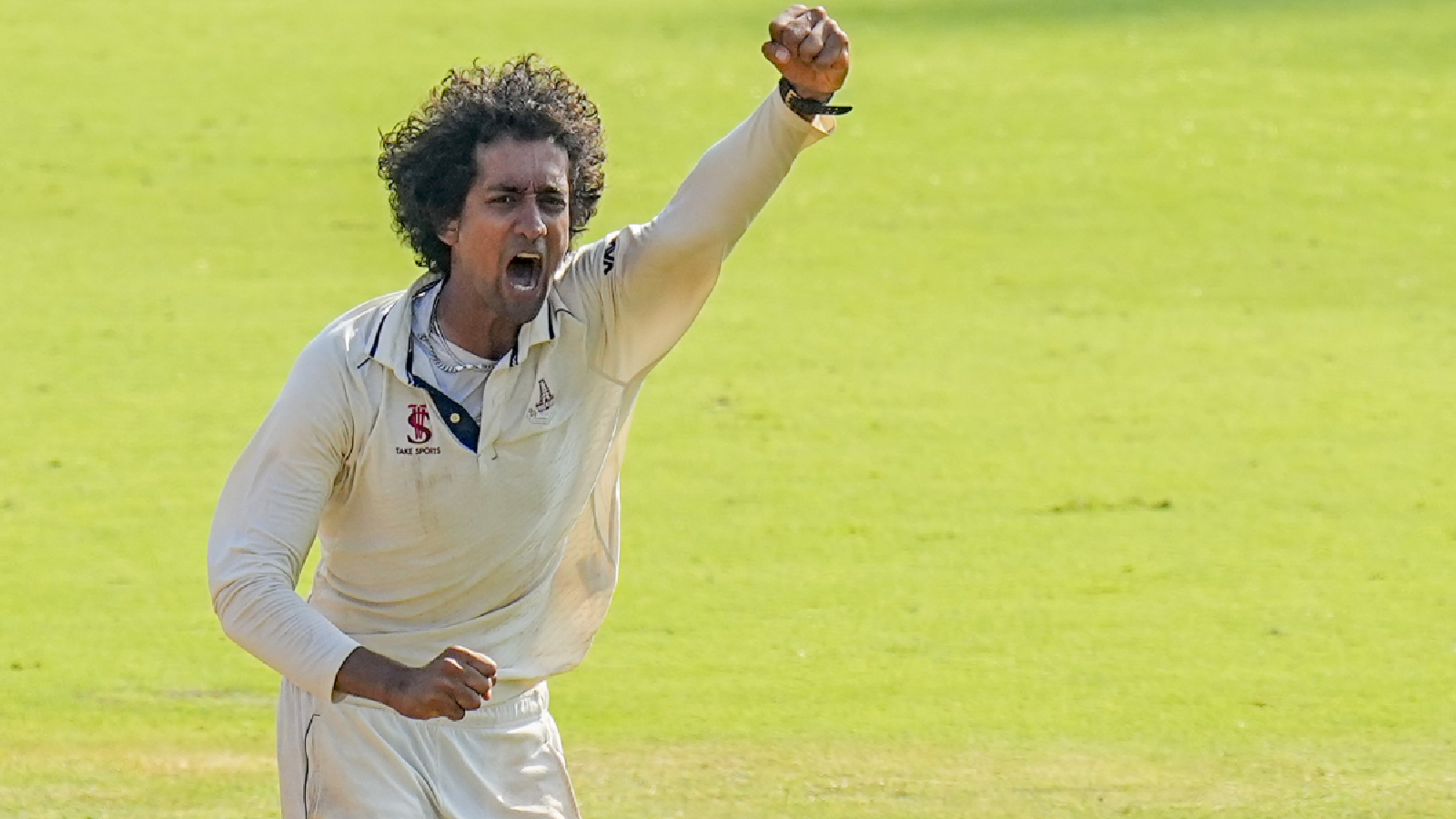
Chairing a high-level meeting during a heatwave in parts of India, Union Health Minister Dr. Mansukh Mandaviya announced that central teams comprising officials from IMD, disaster management, and health will be dispatched to assist and advise state authorities dealing with the heatwave.
Senior officials from the India Meteorological Department (IMD), National Disaster Management Authority (NDMA), NITI Aayog (health), and the health ministry were present at the meeting.
Dr. Mandaviya instructed officials from IMD and disaster management, with the leadership of the Indian Council of Medical Research, to develop short-term and long-term action plans. After the meeting, he stated, “I have directed ICMR to create an action plan to prevent deaths from heatwaves and heat strokes in the future.”
Moreover, the minister mentioned that he will conduct a video conference with disaster management officials and health ministers from eastern states such as Odisha, West Bengal, Telangana, Bihar, and Jharkhand to address the ongoing heatwave conditions.
The India Meteorological Department forecasted that heatwave conditions will persist in certain areas until Wednesday, including parts of Uttar Pradesh, Madhya Pradesh, Odisha, Bihar, Jharkhand, Andhra Pradesh, Puducherry, Telangana, Vidarbha, and Chhattisgarh.
In response to the heatwave threat, the Prime Minister convened a meeting in February, urging the Central government and states to devise action plans. The health ministry issued an advisory in February, initiating work on a National Action Plan for heat-related illnesses since 2021.
While 30 heat-related deaths were reported by IMD in 2022, constituting 1% of total deaths from extreme weather, the severity of a 2015 heatwave resulted in over 2,000 deaths.
Dr. Dileep Mavlankar, former director of the Indian Institute of Public Health, emphasized the importance of effective implementation of heat action plans in reducing mortality rates. He highlighted the significance of prediction, dissemination of information, and simple preventative measures for individuals during heatwaves.
Furthermore, Dr. Mavlankar stressed the need to consider humidity levels and night temperatures, as these factors can impact the body’s ability to cool down effectively in humid conditions.
















